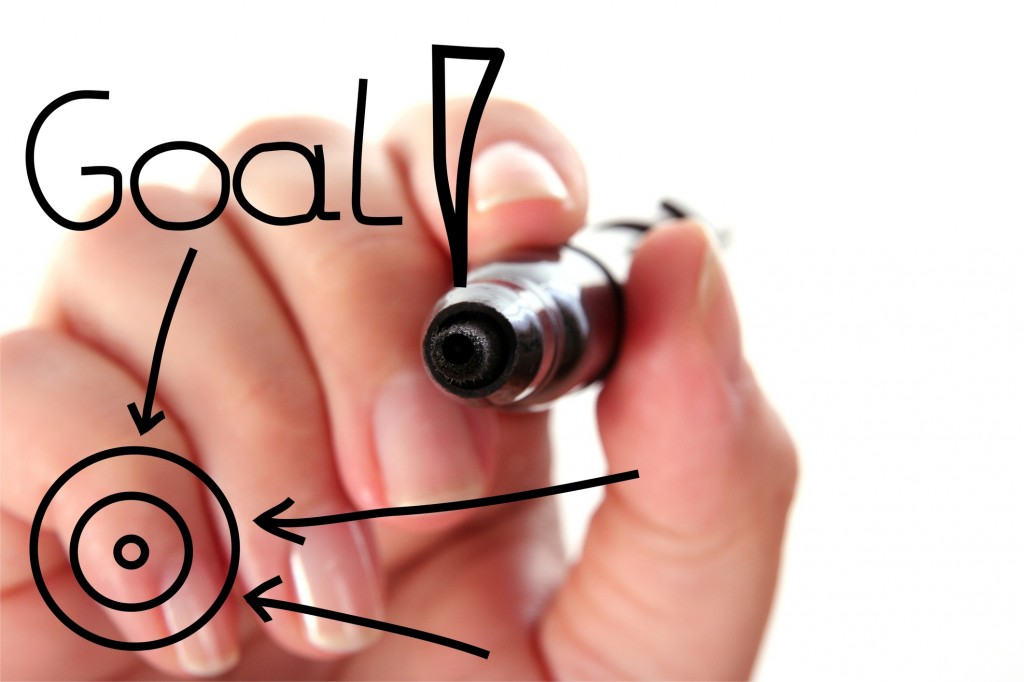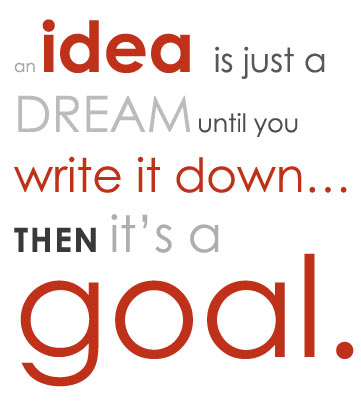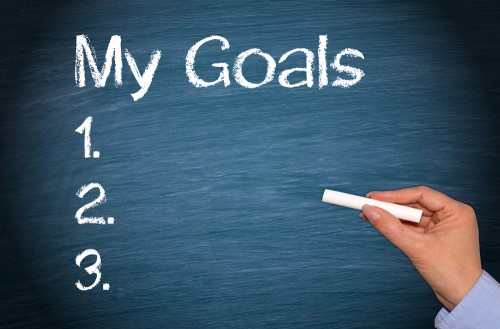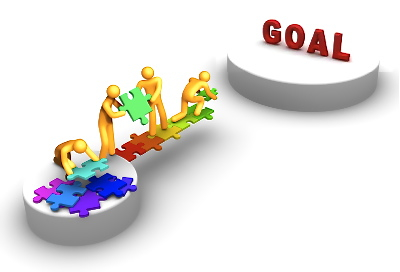student council
A Simple Phrase That Leaders Need To Know
Bonjour!
I don’t speak French. When it was time to take a foreign language in high school, Spanish seemed a more practical choice where I lived in California. However, it makes things a bit difficult, each Summer when I head to beautiful French-speaking Switzerland. Every year, I spend a month conducting leadership workshops and trainings at international leadership camps. Rough gig, huh? Everyone in my sessions speak English – so I get to teach in my native tongue. It’s when I head out into the real world that things get a little tricky. Even simple tasks such as buying an apple at the market or ordering a desert from a counter are an ordeal when you are unable to communicate. Sadly, after three years of annual visits, I still get through the day with pointing, pantomime, and finally asking “Do you speak English?”
There is one word that anyone who spends even a little time in Switzerland will learn: “Bonjour!”
That’s “Good Day!” in English.
 This formal greeting isn’t held in reserve for when you enter a store or sit down at the café. You’ll hear it from everyone you happen to pass. Men, women, children, young, old… Everyone. And they don’t just say it. They emphasize it with a sing-song happy voice accompanied by a big smile that makes you feel like they really mean it. This was quite strange at first, especially coming from a country where you can live in a place for a decade and still not know their neighbor’s first name. But you get used to it. And taking a cue from the country that Forbes Magazine lists as the #2 Happiest Place To Live, pretty soon you find yourself smiling and presenting your own happy “Bonjour!” to everyone that might cross your path. It’s amazing!
This formal greeting isn’t held in reserve for when you enter a store or sit down at the café. You’ll hear it from everyone you happen to pass. Men, women, children, young, old… Everyone. And they don’t just say it. They emphasize it with a sing-song happy voice accompanied by a big smile that makes you feel like they really mean it. This was quite strange at first, especially coming from a country where you can live in a place for a decade and still not know their neighbor’s first name. But you get used to it. And taking a cue from the country that Forbes Magazine lists as the #2 Happiest Place To Live, pretty soon you find yourself smiling and presenting your own happy “Bonjour!” to everyone that might cross your path. It’s amazing!
FAST FORWARD
I’ve been back in the US for only a few days now. Yesterday my girls and I headed to the beach. It was my first real interaction with the general public since my return. While my daughters soaked in the sun, I took a stroll along the shore. It wasn’t long till I saw another walker enjoying the coast – they were heading right toward me.
She was about my age casually walking, looking down at the sand as she did. I got ready to dispense with my best, “Bon Jour!” when it occurred to me where I was – or where I wasn’t. I decided that my greeting would likely earn me a weird look. Even worse, she might stop me and start speaking to me in French assuming that I knew the language. As the woman came closer I felt nervous and told myself to look down or away and act as though she didn’t exist. That’s what you’re supposed to do, right?
At the last second, I put a smile on my face and spoke a cheery “Good Day!”
The words felt weird coming out of my mouth. It’s the literal translation for Bonjour but who the heck says Good Day? Not me. Well, unless I’m imitating Fez from That 70’s Show with his offended “I said Good Day!!”
The woman, however, looked up smiled and said “Good Day!” right back. It was wonderful to see her transformation from someone who, like myself, was trying her best to not to make eye contact with a stranger into someone wearing the look of happiness and relief that someone else had broken the ice.
For the rest of my walk, as other people passed, I tried other greetings… “Hello” “Good morning” “Hi” Eventually settling back to my original “Good Day!”
Your ‘Hello!’ Could Change Somebody’s life.
I remember reading an article called Jumpers published in The New Yorker. One of the lives featured in this piece is of a man who jumped off San Francisco’s Golden Gate Bridge. Lonely and suffering from depression, he decided to end his own life. When officials found the note that he’d written and left on his bureau just a few hours earlier, they read the words: ‘I’m going to walk to the bridge. If one person smiles at me on the way, I will not jump.’
Not one person smiled.
I’m not saying someone committing on not committing suicide rests in your ability to smile at everyone on the street. However, a study out of the University of Chicago reports that at any given time at least one in five people (or about 60 million Americans) suffers from loneliness. I’d venture to guess that also means that one in five of your co-workers or one in five of your peers at school suffer from loneliness too. And a simple “hello” or “good day!” or even just a smile might be all someone you come in contact with needs to make it through the day.
“If you go looking for a friend, you’re going to find they’re scarce. If you go out to be a friend, you’ll find them everywhere.”
– Zig Ziglar
PS – Two notes I want to make: 1) I have signed up for a beginning French Language Class. When I return to Switzerland in 2015… I’m going to be a little less helpless than usual. 2) I passed the same woman on the way back on my walk. She said hello and pointed out a few seals that I hadn’t seen that were swimming right off the shore where we were standing. : )
What are your thoughts on the power of a hello and a smile? Have you ever had a day when that’s all you really needed from anyone? We want to know! Please share your ideas with us in the comments section below.
How To Set Goals | Quality #4: Make Your Goals Personal
“Don’t be trapped by dogma—which is living with the results of other people’s thinking. Don’t let the noise of other’s opinions drown out your own inner voice. And most important, have the courage to follow your heart and intuition. They somehow already know what you truly want to become. Everything else is secondary.” — Steve Jobs
Making your goal personal means you need to strive for something you believe in and is meaningful to you. You’ve got to own your goal. This detail is crucial to the success of your goal. Your goal should not reflect what your parents, teachers, or family want for you, unless you truly want that same thing.
Again, this is why it’s imperative to know yourself, your strengths/weaknesses, likes and dislikes. Trying to achieve a goal that is not meaningful to you will result in dissatisfaction, or even failure.
Allow me to share a story that illustrates this point.
Ashley was one of my closest friends from high school. She was a talented artist and amazing photographer. Not surprisingly, Ashley’s dream was to be a graphic designer. Her parents, however, had a different plan. They viewed such a career as unstable and impractical, and they steered her away from art. When Ashley went to college, she majored in accounting. As her friend, I knew this was one of the last careers that would interest her. She explained she was doing this to make her parents happy.
 Three years into her accounting career, Ashley finally admitted to herself and her parents that she was miserable. She went back to school, this time as an art major. Ashley is now a successful artist, an “Imagineer” working at Disney Studios. You’ve probably not met Ashley, but you’ve seen some of her work in your favorite Disney movies.
Three years into her accounting career, Ashley finally admitted to herself and her parents that she was miserable. She went back to school, this time as an art major. Ashley is now a successful artist, an “Imagineer” working at Disney Studios. You’ve probably not met Ashley, but you’ve seen some of her work in your favorite Disney movies.
Had Ashley been true to herself, she could have set a goal that was personal and meaningful from the beginning, and saved money on college tuition, as well as spending three unsatisfactory years as an accountant
What is it that your really want? What goals are so important to you that you must succeed – no matter what? Maybe you know a great tip to help eager goal-setters reach their goals faster? Share your thoughts in the comment section below!
I look forward to a great goal-setting discussion!
How To Set Goals | Quality #3: Make Your Goals Reachable |
“Part of the issue of achievement is to be able to set realistic goals, but that’s one of the hardest things to do because you don’t always know exactly where you’re going.” — George Lucas
Sometimes the quickest way to burn out when pursuing a goal is when we feel like our goal is never going to happen. It’s hard for us humans to be patient. But patience may not be the issue. Perhaps we have selected a goal that is way out of our reach.
I once met a young lady named Samantha. She told me her goal is to be the first female President of the United States. Quite a notable goal! However, at this moment, Samantha is fifteen. Her goal is a long ways off. It’s not that Samantha couldn’t be President; I have seen her determination and believe she could do it.
However, the minimum age to be President is thirty-five years old. That’s at least twenty years in the future. A lot could happen between now and then. With five elections in the next two decades, the U.S. might see a woman take her seat in the White House before Samantha has a chance.
A more reachable, short-term goal for Samantha’s focus of energy is something within her immediate control. For example: become president of her sophomore class, join the debate team, or learn about local politics by volunteering for a local election. Any of these goals will move her in the direction of her political aspirations.
I’ll be posting more about how to break your goals down into reachable steps in future posts. So make sure you check back each Monday morning for new leadership ideas that you can use with your staff, team, or class.
Or subscribe and receive new articles as soon as they hit the web.
NEXT UP: How To Set Goals | Quality #4: Make Your Goals Personal
Do you have any favorite goal-setting lessons, quotes, games, or activities that you use to teach goal-setting? Maybe you know a great tip to help eager goal-setters reach their goals faster? Leave your comments below!
I look forward to a great goal setting discussion!
How To Set Goals | Quality #2: Make Your Goals Specific
At a recent conference where I presented a goal setting workshop, I surveyed the audience for their goals. A young man, Lucas, raised his hand and said, “Yeah! My goal is to be rich!”
When I asked him how he was going to get rich he replied, “I don’t know. I just want to be rich!” Unless Lucas gets a more specific, he doesn’t have a goal.
There are so many ways that one can become rich. He could own a lucrative business, become a surgeon, inherit a chunk of money, or even win the lottery. In all these cases, being rich is an outcome from a goal rather than an actual goal.
If you’re a student, and your goal is “to do better in school” you’ll need to be a bit more specific since that can have so many meanings. There can be several reasons why you are not doing well. Do you have a certain class that needs attention? Are you having trouble focusing? Have you given it your best effort? Is it a social or discipline problem that should be the object of your goal?
Here are a few goals that might specifically state the situation:
-
“My goal is to study at least two hours every day!”
-
“My goal is to receive an A in Economics.”
-
“My goal is to get along with my lab partner.”
NEXT UP: How To Set Goals | Quality #3: Make Your Goals Reachable
Do you have any favorite goal-setting lessons, quotes, games, or activities that you use to teach goal-setting? Maybe you know a great tip to help eager goal-setters reach theirgoals faster? Leave your comments below!
I look forward to a great goal-setting discussion!
How To Set Goals | Quality #1: Make Your Goals Positive!
How To Set Goals
Quality #1: Make Your Goals Positive!
Ever seen one of those suspenseful scenes in a movie where the hero is climbing or hanging from a high place?
The hero’s sidekick watching the situation typically shouts, “Don’t look down!”
What happens? The hero looks down and gets freaked out from his fear of heights. To prevent the fear from taking over, the sidekick should have shouted, “Keep your eyes forward! You can do it! You’re almost there!”
Human beings tend to gravitate toward the direction in which we are focused. And, positivity is much more attractive than negativity. Leaders often emanate a positive energy that comes from knowing who they are, a focus on their vision, and the confidence they’re on the right path to success.
In that same manner…
Successful Goals ALWAYS State The POSITIVE — not the negative.
If you design your goal declaring a negative aspect, it becomes the object of your focus. This can be self-defeating.
Contrast these two examples:
Positive Goal: “I will earn a B or higher on my math final.”
Negative Goal: “I won’t fail my math test!”
– OR –
Positive Goal: “I will get along with my boss by showing respect at all times.”
Negative Goal: “I won’t let my boss get me mad, even if he acts like a jerk.”
When you frame your goal in a way, you will find yourself with a positive outlook and headed in the right direction to achieve the goal.
NEXT UP: How To Set Goals Quality #2: Make Your Goal Specific
Do you have any favorite goal-setting lessons, quotes, games, or activities that you use to teach goal-setting? Maybe you know a great tip to help eager goal-setters reach their goals faster? Leave your comments below!
I look forward to a great goal-setting discussion!









